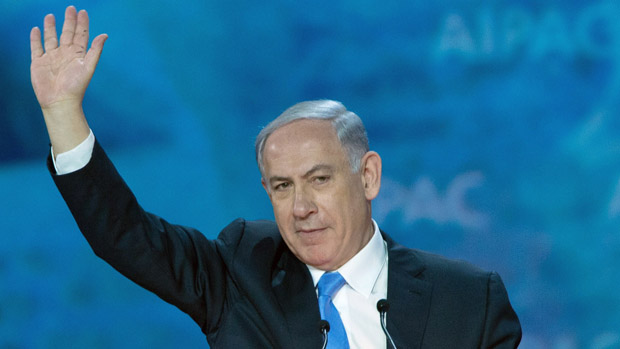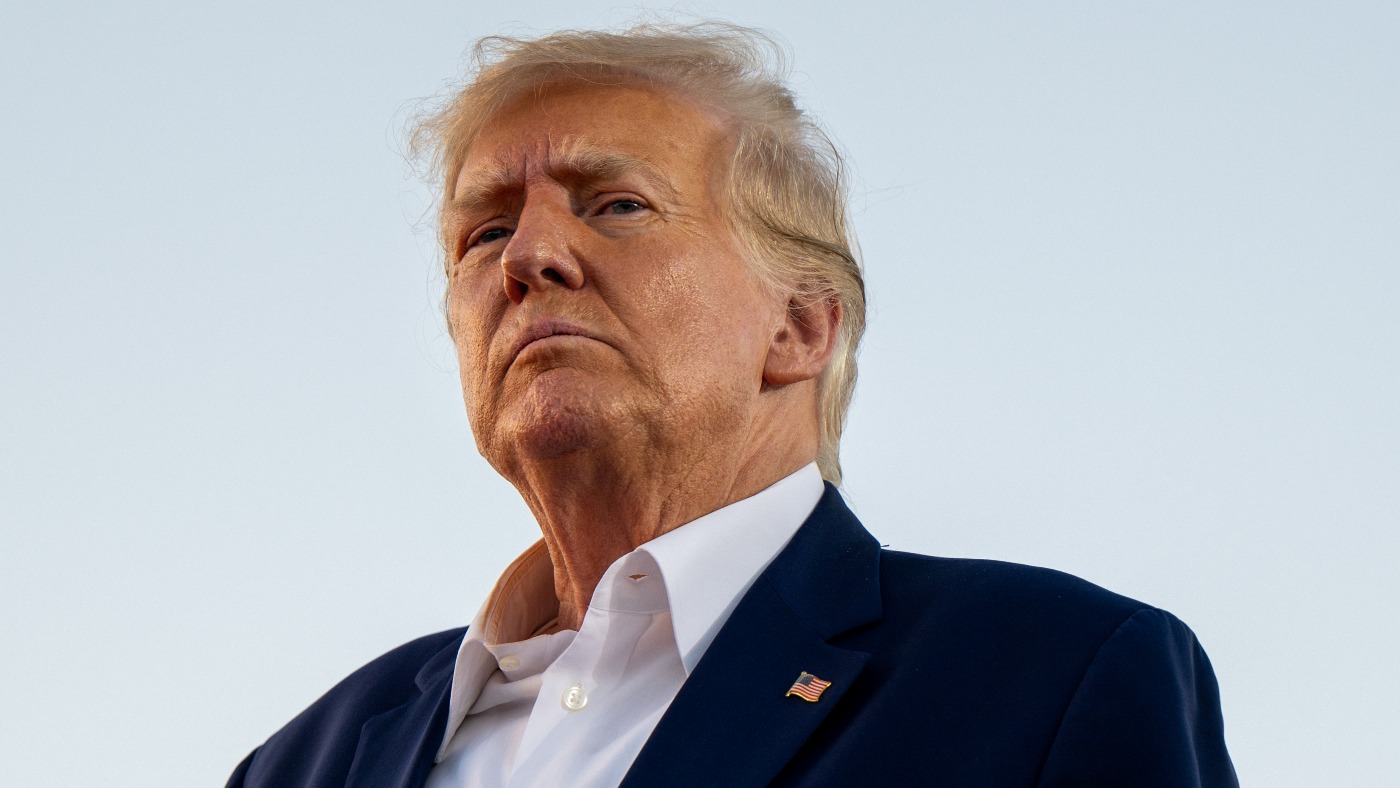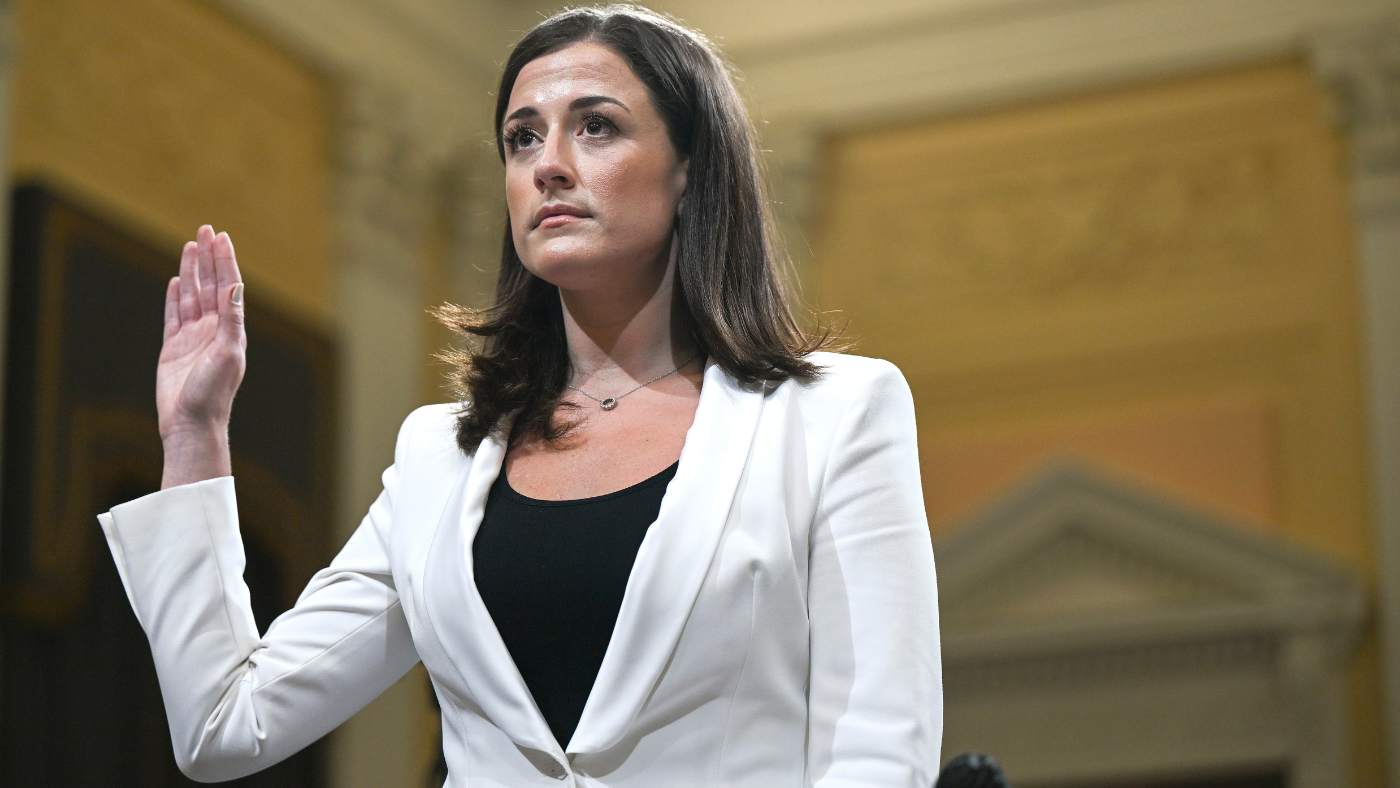Netanyahu address: is Obama on a collision course with Israel?
Netanyahu's US speech strains relations between Obama and Netanyahu, Democrats and Republicans, and American Jews and Israelis

A free daily email with the biggest news stories of the day – and the best features from TheWeek.com
You are now subscribed
Your newsletter sign-up was successful
The White House has pre-empted an anticipated attack by Israeli prime minister Benjamin Netanyahu on the US approach to Iran's nuclear programme by revealing details of an emerging deal that seeks to limit Tehran's nuclear capacities for a decade. But tensions over Netanyahu’s speech to the United States Congress are high.
The Israeli prime minister is expected to underline the serious threat Iran poses to his country's "survival" in a speech that has polarised Democrats and Republicans, and "plunged US relations with Israel to new lows", The Guardian says.
In anticipation of the speech, Susan Rice, Obama's national security adviser, addressed a pro-Israeli lobby about the administration's plans, and the president spoke to journalists about how the international coalition is negotiating with the Iranian government over Iran's civil enrichment capabilities.
The Week
Escape your echo chamber. Get the facts behind the news, plus analysis from multiple perspectives.

Sign up for The Week's Free Newsletters
From our morning news briefing to a weekly Good News Newsletter, get the best of The Week delivered directly to your inbox.
From our morning news briefing to a weekly Good News Newsletter, get the best of The Week delivered directly to your inbox.
Obama spoke in scathing terms about Netanyahu's approach to the question. "[Netanyahu] thinks that the best way to do that is either through doubling down on more sanctions or through military action, ensuring that Iran has absolutely no enrichment capabilities whatsoever," he told Reuters. "And there's no expert on Iran or nuclear proliferation around the world that seriously thinks that Iran is going to respond to additional sanctions by eliminating its nuclear program."
Some commentators in Washington see the speech as a tipping point in the US Jewish community's attitude to Israel. "For some time, there has been a greater diversity of viewpoints on Israel issues within Israel than within the American Jewish community," Adam Schiff, a Jewish Democrat from California told The New York Times. "You're now starting to see more diversity of opinion in the pro-Israel community here."
There is a history of "bad blood" between Obama and Netanyahu, says Simon Tisdall in The Guardian. "This level of public recrimination has not been seen since George HW Bush fell out with Yitzhak Shamir over illegal settlements in 1991, and perhaps not even then".
The decision by House Speaker John Boehner to have Netanyahu deliver a speech on security to a joint assembly of Congress has also effectively helped the Republicans to drive a wedge into the Democratic caucus, says the [5]Washington Post. Many Democrats now face the question of whether to be seen "as condoning an effort to undercut President Obama on foreign policy or to be seen as bucking a politically potent ally".
A free daily email with the biggest news stories of the day – and the best features from TheWeek.com
The clash between the US president and the Israeli prime minister marks a significant moment in US-Israeli relations, says The Times. "The defiant decision of Benjamin … represents a watershed in the dismal relations between Jerusalem and the Obama administration".
In the run-up to an election in Israel, the White House has attempted to paint the move as crude electioneering, but "it is a necessary speech" The Times says. Netanyahu sees the nuclear deal with Tehran as a first step towards turning Iran into a "de facto ally and a regional power-broker". And while relations between Obama and Netanyahu have never been warm "the US should recognise that Iran cannot be blindly trusted", the paper concludes.
-
 What to expect financially before getting a pet
What to expect financially before getting a petthe explainer Be responsible for both your furry friend and your wallet
-
 Pentagon spokesperson forced out as DHS’s resigns
Pentagon spokesperson forced out as DHS’s resignsSpeed Read Senior military adviser Col. David Butler was fired by Pete Hegseth and Homeland Security spokesperson Tricia McLaughlin is resigning
-
 Colbert, CBS spar over FCC and Talarico interview
Colbert, CBS spar over FCC and Talarico interviewSpeed Read The late night host said CBS pulled his interview with Democratic Texas state representative James Talarico over new FCC rules about political interviews
-
 Netanyahu’s reforms: an existential threat to Israel?
Netanyahu’s reforms: an existential threat to Israel?feature The nation is divided over controversial move depriving Israel’s supreme court of the right to override government decisions
-
 Donald Trump criminal charges for 6 January could strain 2024 candidacy
Donald Trump criminal charges for 6 January could strain 2024 candidacySpeed Read Former president’s ‘pettifoggery’ won’t work well at trial, said analyst
-
 Donald Trump indicted again: is latest threat of prison a game changer?
Donald Trump indicted again: is latest threat of prison a game changer?Today's Big Question The former president ‘really could be going to jail’ but Republicans ‘may not care’ say commentators
-
 Italian town bans selfies
Italian town bans selfiesfeature And other stories from the stranger side of life
-
 ‘If only Mark Meadows had even half Cassidy Hutchinson’s courage’
‘If only Mark Meadows had even half Cassidy Hutchinson’s courage’Instant Opinion Your digest of analysis from the British and international press
-
 ‘No-fault divorce is an indescribable relief’
‘No-fault divorce is an indescribable relief’Instant Opinion Your digest of analysis from the British and international press
-
 ‘We live in Nixonland – where presidents determine what is and isn’t legal’
‘We live in Nixonland – where presidents determine what is and isn’t legal’Instant Opinion Your digest of analysis from the British and international press
-
 ‘The White House should not place new sanctions on the Taliban’
‘The White House should not place new sanctions on the Taliban’Instant Opinion Your digest of analysis and commentary from the British and international press